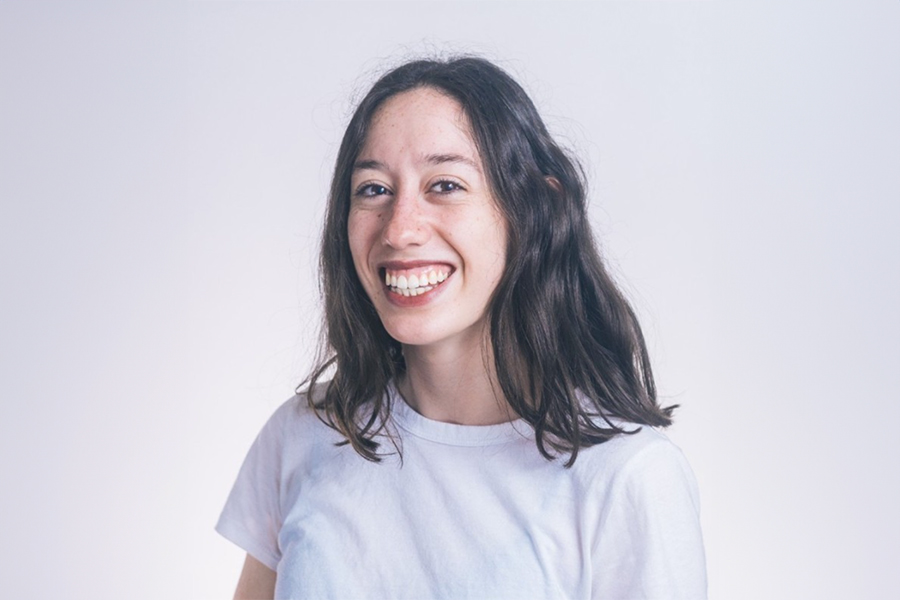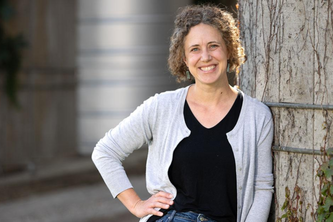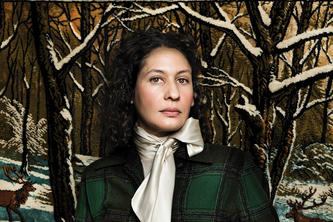
For third-year U of M medical student Miranda Harris, multiculturalism is more than just a word—it’s her way of life. Raised by her Ecuadorian mother and Midwestern father, her childhood was split between South America and the U.S.
“I speak both languages fluently, and I’m a part of both cultures,” she says.
Harris’ experiences growing up are the heart of what inspired her to pursue a career in medicine.
“I’ve seen health disparities in both places,” she explains, “both in a well-resourced place and an under-resourced place.”
Although she received an undergraduate degree in biology and worked in research labs after college, Harris discovered that she wanted to address health at the intersection of culture and biology, and medicine was the natural fit.
“When I realized that in order to treat illness you have to understand what’s happening both biologically and socio-culturally, I knew that becoming a physician was the way I wanted to serve my communities,“ she says. “I think that family medicine is the specialty where you really get to begin to address health disparities through medicine itself.”
Since beginning medical school, Harris has gained clinical experience across the Twin Cities’ diverse geography, from the Phillips Neighborhood Clinic in South Minneapolis to La Clinica, a Federally Qualified Health Center on the west side of St. Paul, to Aquí Para Tí, a program out of the Whittier Clinic serving Latino/a adolescents and families. Aquí Para Tí has a special place in Harris’ heart, as she runs the youth advisory board and learns from her mentor, Dr. Maria Veronica Svetaz, director of the program.
“Dr. Svetaz is the reason I am going into family medicine. She has shown me why Latinx patients need multicultural primary care tailored to their unique immigration experiences,” says Harris. “She’s also brought me into her research team, the Resilience in Immigration Lab, which understands how immigration is a social determinant for health for the Latinx community.”
In addition to her clinical work, Harris is an active member of the medical student body, fighting for equity and serving as a voice for her future patients whenever possible.
On campus, she helped to create the Medical School’s first medical Spanish program, advocates for a single-payer health system through Students for a National Health Program, and is an active member of White Coats for Black Lives. Her work to create a health justice teach-in series as part of White Coats for Black Lives was the reason a peer nominated her for the Minnesota Academy of Family Physicians’ Medical Student Leadership Award, which recognizes one student for their involvement in family medicine and leadership activities.
Harris ultimately received the award, which included funding for her to travel to Washington, D.C., to speak with members of Congress about expanding Medicaid parity and telehealth services in an effort to make healthcare more accessible.
Looking to the future, Harris is open to a range of possibilities, from staying in the Twin Cities to traveling to a new city for her residency. But wherever she goes, Harris knows that her purpose is expanding health equity and access in the Latino/a community she knows and loves.
“I love working with patients so much, especially patients that feel represented by me. That’s what brings me joy,” she says. “I’m going to carry that forward and create the career that I want.”
This story was adapted from the U of M Medical School. See the original story.
- Categories:
- Health
- Equity and Diversity
- Medical





